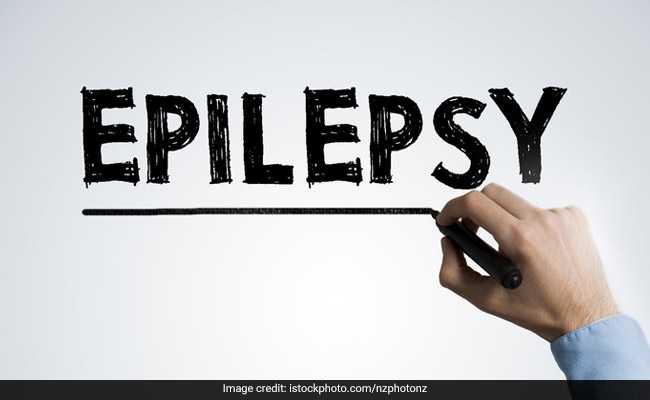
Adequate sleep is especially important for epilepsy patients
Epilepsy is a neurological disease characterized by recurrent seizures that affects millions of people worldwide. The main treatment for epilepsy is medication, but adopting a healthy lifestyle can greatly complement medication and help manage the frequency and severity of seizures. Adopting key lifestyle changes can improve your overall well-being and reduce the impact epilepsy has on your daily life.
Here are some important adjustments that people with epilepsy can consider.
Regular sleep pattern: Adequate sleep is essential for everyone, but it's especially important for people with epilepsy. Disturbed sleep patterns or lack of sleep can cause attacks. Establishing a consistent sleep schedule, aiming for 7 to 9 hours of quality sleep each night, and creating a relaxing bedtime routine can help improve your sleep quality and reduce your risk of seizures.
Stress management techniques: Stress is a common trigger for epileptic seizures. Learning stress reduction techniques such as meditation, deep breathing techniques, yoga, and hobbies can help reduce your stress levels. Additionally, seeking support from friends, family, or a therapist can provide a valuable coping mechanism for managing stress.
Regular exercise: Physical activity has been shown to have many benefits for people with epilepsy. Regular exercise can help reduce stress, improve mood, boost cardiovascular health, and improve sleep quality. However, it is important to choose activities that are safe and appropriate for your personal fitness level, and to be aware of potential seizure triggers related to exercise and overheating.
Say no to alcohol or drug use. Alcohol and certain recreational drugs can lower your seizure threshold and increase your risk of having a seizure. Limiting or avoiding alcohol intake and illicit drug use can significantly reduce the frequency and severity of attacks.
Balanced diet: Although there is no specific “epileptic diet,” maintaining a balanced and nutritious diet is essential to overall health and well-being. Some people with epilepsy find that certain dietary factors affect their seizure activity. Keeping a food diary can help you identify potential triggers such as caffeine, artificial sweeteners, and certain food additives. In some cases, adopting a ketogenic diet that is high in fat, sufficient protein, and low in carbohydrates may be beneficial for seizure control, especially in patients with drug-resistant epilepsy.
Medication compliance: To effectively manage epilepsy, it is important to consistently take prescribed medications as directed by your health care professional. Skipping a dose or stopping the drug suddenly may increase the risk of sudden onset. It's important to openly discuss any concerns or side effects with your medication with your health care provider and follow their guidance closely.
Seizure response plan: Having a seizure response plan can help individuals and their loved ones feel more prepared and confident in dealing with a seizure. This plan may include educating family, friends, and colleagues about how to recognize different types of seizures and how to respond appropriately, and ensuring they have access to necessary medical information and emergency contacts. .
Regular medical monitoring: Regular examinations by a health care professional, such as a neurologist or epileptologist, are essential to monitor seizure activity, adjust medications as needed, and address any concerns or complications related to epilepsy. Tracking attack frequency, triggers, and drug effectiveness provides valuable information for healthcare providers to optimize treatment strategies.
Epilepsy can cause difficulties in daily life by prioritizing factors such as sleep, stress management, physical activity, diet, medication compliance, and seizure preparedness, but epilepsy patients can better understand their condition. You can control it and minimize the impact on your life. It is essential to work closely with your health care professional to tailor these lifestyle changes to your individual needs and circumstances, ensuring a comprehensive and individualized approach to epilepsy management.
(Dr. Shibhi Gopinath, Epilepsy Specialist and Professor of Neurology, Kochi Amrita Hospital)
Disclaimer: The opinions expressed within this article are the personal opinions of the author. NDTV is not responsible for the accuracy, completeness, suitability, or validity of the information in this article. All information is provided as is. The information, facts and opinions published in the article do not reflect the views of his NDTV and NDTV does not accept any responsibility or liability for the same.


